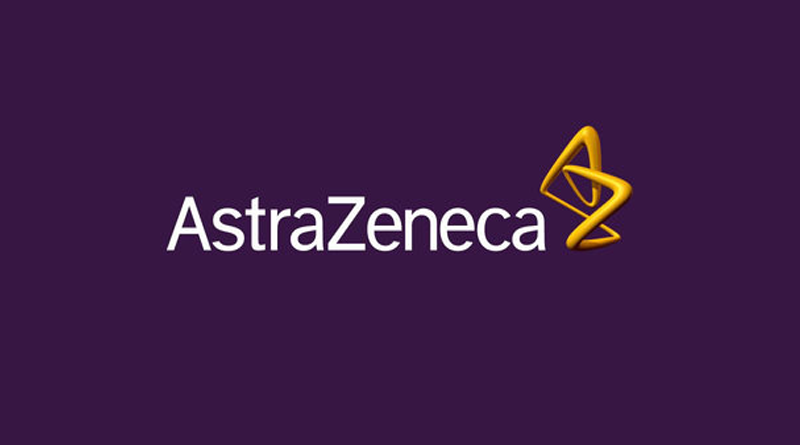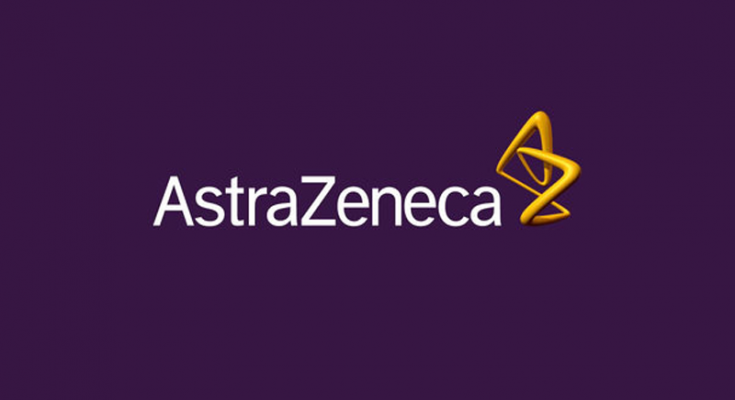AstraZeneca announced in July that the Phase III FLAURA trial showed a statistically-significant and clinically-meaningful progression-free survival (PFS) benefit with Tagrisso (osimertinib) compared to current 1st-line standard-of-care treatment (erlotinib or gefitinib) in previously-untreated patients with locally-advanced or metastatic epidermal growth factor receptor mutation-positive (EGFRm) non-small cell lung cancer (NSCLC).
Sean Bohen, Executive Vice President, Global Medicines Development and Chief Medical Officer at AstraZeneca, said: “The strong results from the FLAURA trial are very exciting news for patients with EGFR mutation-positive non-small cell lung cancer, providing physicians with a potential new first-line treatment option to improve outcomes in this disease. We will now initiate discussions with global health authorities on the data and regulatory submissions.”
The efficacy, safety and tolerability profiles for Tagrisso, erlotinib and gefitinib were consistent with current knowledge. A full evaluation of the FLAURA data is ongoing. Further results will be presented at a forthcoming medical meeting.
About NSCLC
Lung cancer is the leading cause of cancer death among both men and women, accounting for about one-quarter of all cancer deaths, more than breast, prostate and colorectal cancers combined. Approximately 10-15% of patients in the US and Europe, and 30-40% of patients in Asia have EGFRm NSCLC. These patients are particularly sensitive to treatment with currently-available EGFR-TKIs, which block the cell signalling pathways that drive the growth of tumour cells. However, tumours almost always develop resistance to EGFR-TKI treatment leading to disease progression. Approximately half of patients develop resistance to approved EGFR-TKIs such as gefitinib and erlotinib due to the resistance mutation, EGFR T790M. Tagrisso targets this secondary mutation that leads to disease progression. There is also a need for agents with improved CNS efficacy since approximately 25% of patients with EGFRm NSCLC have brain metastases at diagnosis, increasing to approximately 40% within two years of diagnosis.
About Tagrisso
Tagrisso is a third generation, irreversible EGFR tyrosine kinase inhibitor (TKI) designed to inhibit both EGFR sensitising and EGFR T790M resistance mutations, with clinical activity against central nervous system (CNS) metastases. Tagrisso (osimertinib) 40mg and 80mg once-daily oral tablets have been approved in more than 50 countries, including the US, EU, Japan and China, for patients with EGFR T790M mutation-positive advanced NSCLC. Tagrisso is also being investigated in the adjuvant and metastatic first-line settings, including in patients with and without CNS metastases, in leptomeningeal metastases, and in combination with other treatments.
About FLAURA
FLAURA assessed the efficacy and safety of Tagrisso 80mg once-daily treatment versus standard-of-care EGFR-TKIs (either erlotinib [150mg orally, once daily] or gefitinib [250mg orally, once daily]) in previously untreated patients with locally advanced or metastatic EGFR mutation-positive NSCLC. The trial was a double-blinded, randomised study, with 556 patients across 30 countries.
The primary endpoint of the trial was PFS, and secondary endpoints included overall survival, objective response rate, duration of response, disease control rate, safety and measures of health-related quality of life (HRQoL).
About AstraZeneca in Lung Cancer
AstraZeneca is using ground-breaking science to develop a wide range of medicines for patients with lung cancer. We are pioneering precision medicines that target molecular mutations in tumour cells, as well as those that aim to boost the power of the immune response against cancer. We are committed to transforming outcomes for patients with lung cancer, whose treatment options are currently limited.
About AstraZeneca in Oncology
AstraZeneca has a deep-rooted heritage in Oncology and offers a quickly growing portfolio of new medicines that has the potential to transform patients’ lives and the Company’s future. With at least six new medicines to be launched between 2014 and 2020 and a broad pipeline of small molecules and biologics in development, we are committed to advance New Oncology as one of AstraZeneca’s five Growth Platforms focused on lung, ovarian, breast and blood cancers. In addition to our core capabilities, we actively pursue innovative partnerships and investments that accelerate the delivery of our strategy, as illustrated by our investment in Acerta Pharma in haematology.
By harnessing the power of four scientific platforms – Immuno-Oncology, Tumour Drivers and Resistance, DNA Damage Response and Antibody Drug Conjugates – and by championing the development of personalised combinations, AstraZeneca has the vision to redefine cancer treatment and one day eliminate cancer as a cause of death.
About AstraZeneca
AstraZeneca is a global, science-led biopharmaceutical company that focuses on the discovery, development and commercialisation of prescription medicines, primarily for the treatment of diseases in three main therapy areas – Oncology, Cardiovascular & Metabolic Diseases and Respiratory. The Company also is selectively active in the areas of autoimmunity, neuroscience and infection. AstraZeneca operates in over 100 countries and its innovative medicines are used by millions of patients worldwide. For more information, please visit www.astrazeneca.com and follow us on Twitter @AstraZeneca.
Source: AstraZeneca


